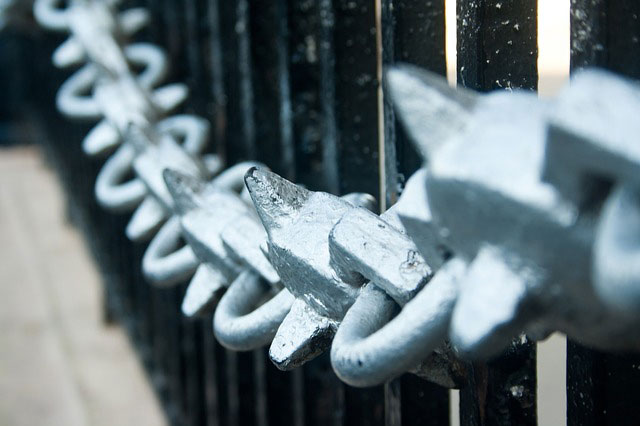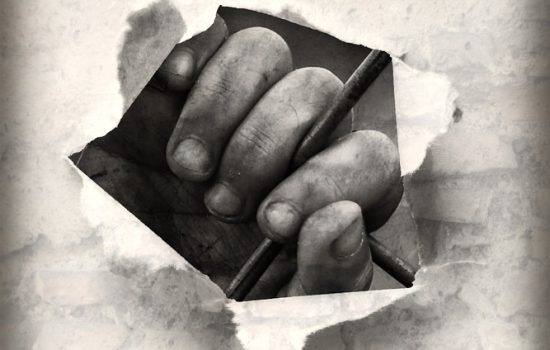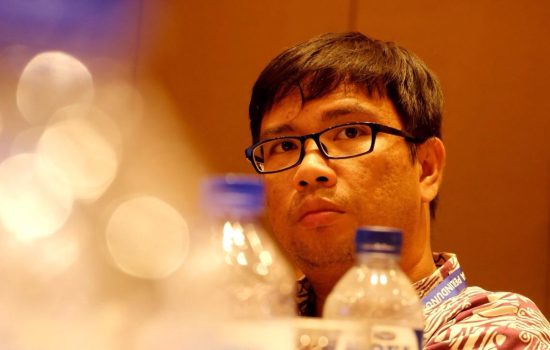On Monday 9 February 2015, the House of Representatives and the Government will ratify the 2015 National Legislation Program (2015 Prolegnas). In the 2015 Prolegnas, there are 37 Draft Laws which are consisted of 15 Amendment Draft Laws and 22 New Draft Laws which are proposed by the Government.
From these 37 Draft Laws, Institute for Criminal Justice Reform (ICJR) gives an attention to 3 Draft Laws which become a priority in 2015, namely Draft Law on Indonesian Criminal Code (RKUHP), Draft Law on Amendment to Law No. 11 of 2008 on Information and Electronic Transaction (RUU Perubahan UU ITE) and Draft Law on Prohibition of Alcoholic Beverages. These three Draft Laws should be seriously supervised.
Regarding the Draft Law on Indonesian Criminal Code, this is a Draft Law that is most important in the reformation of Indonesian Criminal Law and its substance is the heaviest because consists of 780 articles. This Draft Law should be supervised its discussion since there are a lot of its substances which still become an objection problem and public attention, both stipulations in Book I and in Book II, These problems are related with codification policy which raises issue on weakening of the Corruption Eradication Commission, issue on inclusion of Death Penalty, over criminalization policy such as to Defamation against the President, blasphemy, and others.
Related with Draft Law on Amendment to ITE Law, our attention must be directed to duplication of criminal articles especially which are located in Article 27, 28, and 29 of the ITE Law. ICJR sees that the criminal defamation which is regulated by article 27 Paragraph (3) of ITE Law is still exist in the Draft Law. ICJR urges to revoke criminal defamation and other criminal duplication which can be found in the Draft Law on Amendment to ITE Law.
Related with Draft Law on Prohibition of Alcoholic Beverages, ICJR pushes the Government to immediately publish the scope of prohibition stipulations in the Draft Law. Discussion on Draft Law on Prohibition of Alcoholic Beverages should be conducted with a more objective argumentation which is based on medical health issues and not to be associated with a certain moral standard. The policy of prohibition of alcoholic beverages should be carefully assessed especially from implementation and necessity aspects, in order not to create unnecessary polemic among the public.
ICJR pushes the House of Representatives and the Government to give an attention by opening access as wide as possible to the three Draft Laws for the public, including immediately publish those Draft Laws for the public, more access of information, involve broader public participation, and more diverse hearing for the public in Indonesia.




